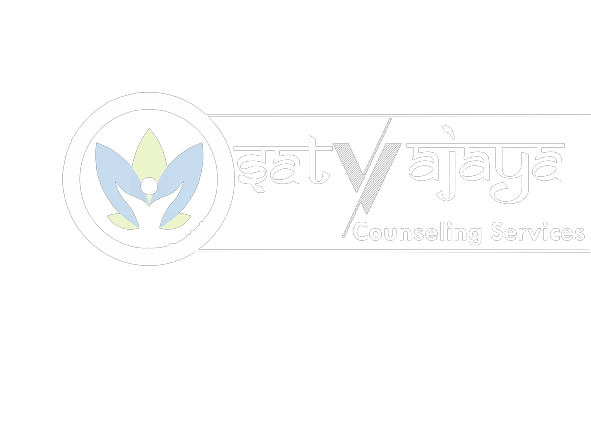Career counselling is no longer regarded as luxuries available only to a select few. It is being widely recognized as a critical requirement, particularly in educational contexts. Individual carrier growth is the goal of carrier counselling. While career counselling encompasses all counselling activities related to professional choices throughout the course of a person’s life, career development refers to a lifetime process of developing beliefs and values, skills and aptitudes, interests, personality traits, and knowledge of the workplace.
A career is a job or profession that involves particular training and is pursued as one’s life work. Our work is extremely essential in our lives since it determines our psychological, social, and economic profiles throughout the majority of our lives.
Work has become a significant means for many people to create their own identity, satisfy social needs, get pleasure through success, and find a sense of purpose and meaning in their lives. In our life, choosing a carrier is really important. The appropriate employment choice may provide a person with a fulfilling, comfortable, and intriguing existence. Choosing a career, acquiring a job, advancing in the work, maybe changing careers, and finally retiring are all part of the process of career planning. It is a decision-making process in which an individual strives to identify the best match between their professional preparation and aspirations and the reality of the workplace.
Individuals are becoming increasingly conscious of the need of planning and self-direction when it comes to developing a career/life path. Many people require assistance in making job selections, effectively manoeuvring various careers, transitions, and retraining and/or updating their abilities throughout their working life, due to the rapidly changing labour market.
In an ideal world, career counselling and advice would be interwoven throughout the school process. Programs in elementary/primary school should be structured to teach pupils about vocational responsibilities, the importance of labour in society, social behaviour, and responsible behaviours. Career advice programmes in middle school should be intended to assist kids build a conceptual understanding of core vocational skills, gain decision-making abilities, and connect the world of work.
Career advice programmes in high school and up to the 12th grade should focus on continuing career exploration through investigating preferences, interests, and aptitudes, as well as preparing for admission into higher training. In institutions of higher learning the needs of students can be met by having programs that help them revaluate interests and aptitudes, reaffirm their choice of occupational/ educational streams, develop scientific career skills and plan for entry into a career field.
A growing body of research points to the necessity for an adult career counselling programme. The number of adults in the process of changing careers is on the rise. People are no longer content with a single stable employment throughout their lives. Privatization and downsizing are becoming more common. Some folks have seen a shift in their demands as they look for meaningful job.
Career decision involves
- Skill assessment
- Interest assessment
- Personality assessment
- Researching Occupations
- Career Decision
- Plan of action.
Career Counselling for adolescents:
Adolescence is a period of great transition in a person’s life. This necessitates addressing their unique problems. There appears to be a considerable need to improve high school pupils’ capacity to honestly assess their own talents, achievements, and interests. Students from low-education families require extra help in evaluating their own talents and limits.
Students in high school struggle to define and evaluate their interests in connection to their overall life experiences. High school children struggle to link classroom activities to future professions due to a lack of occupational knowledge. Extend exposure to occupations and professional disciplines to give a foundation for connecting varied activities to employment.
Due to a lack of understanding about the aspects that must be considered when assessing future job positions, it is suggested that informational resources be introduced and the essential skills for their usage be taught. Learning about employment alternatives, for example, raises awareness of potential for inquiry.
Individual changes in self-perceptions and social interactions accompany physiological growth and sexual maturity during high school. During this period, opportunities to explore, assess, and reflect on values appear to be extremely desirable activities for building a deeper sense of self.
High school students will benefit immensely from hands-on training with occupation-related skill activities. Basic tangible experiences are a good way to gain abilities that will be useful in the workplace.
Students in high school should begin to take responsibility for their own behaviour, thus they would profit immensely from enhanced understanding of planning, decision-making, and problem-solving abilities. Increased sexual diversity awareness among high school students suggests that more focus be placed on understanding how sex-role stereotyping, prejudice, and discrimination hinder career and educational options.
Students in high school who continue the awareness process begun in primary/middle school will understand the shifting nature of vocational commitment. The ability and information gained in evaluating early job choices will be utilised to assess others throughout one’s life.

